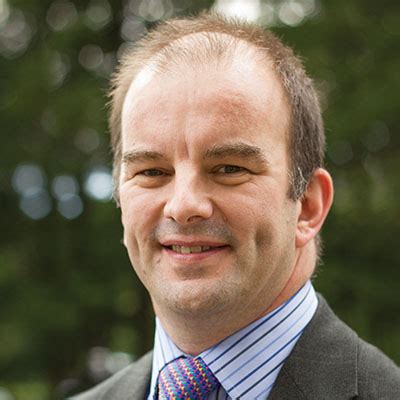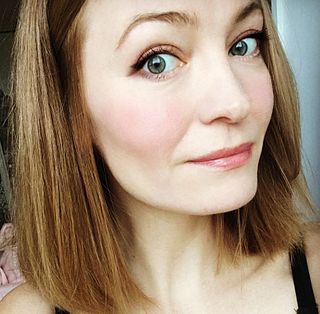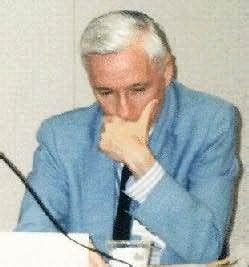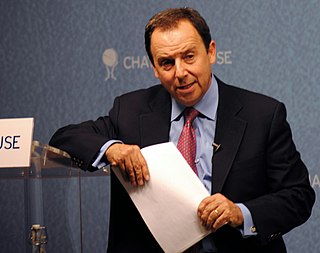A Quote by Carl R Trueman
I always tell students that the first question to ask about any historical action is this: who makes money out of the deal?
Related Quotes
The thing I always tell my writing students - I'm not a full-time instructor, by any means, but periodically I've taught writing students - what I always tell them is that the most important thing in narrative nonfiction is that you not only have to have all the research; you have to have about 100% more than you need.
And one day we must ask the question, "Why are there forty million poor people in America?" And when you begin to ask that question, you are raising questions about the economic system, about a broader distribution of wealth. When you ask that question, you begin to question the capitalistic economy.
People are always asking, "Is this person in front of me the same on the inside as he or she appears to be on the outside? Is there congruence between what's within that person and the words and actions I'm viewing and hearing externally?" Children ask that about their parents; students ask it about their teachers; parishioners ask it about their pastors and priests; employees ask it about their bosses; and in a democracy, citizens ask it about their political leaders.
I don't ask my students to have studied film or any education in general. What I ask them is to come and sit and tell me a story, and the way they choose it and tell it, for me, the best criteria for whether they are right for making films. There's nothing more important than being able to tell your story orally.
To walk in money through the night crowd, protected by money, lulled by money, dulled by money, the crowd itself a money, the breath money, no least single object anywhere that is not money. Money, money everywhere and still not enough! And then no money, or a little money, or less money, or more money but money always money. and if you have money, or you don't have money, it is the money that counts, and money makes money, but what makes money make money?
No one should ever ask themselves that: why am I unhappy? The question carries within it the virus that will destroy everything. If we ask that question, it means we want to find out what makes us happy. If what makes us happy is different from what we have now, then we must either change once and for all or stay as we are, feeling even more unhappy.
That's the thing about love.
You can plan it, and schedule it, and map it out. You can tell it how you want it to be, and where you want it to go, and what it's supposed to do. You can try to make it fit you.
But it won't listen to any of it.
Love puts itself first, and makes its own plans. It maps you out instead.
Maybe that's what makes it perfect.
When you go to a voice-based interaction, you can't tell people, 'Ask me this question and structure it in this way.' And if they ask a question, and you have a bad answer, first time, maybe they'll be okay with it. Third time, they're going to say, 'This is a complete waste of time. I'm going away.'
Do not ask the stones or the trees how to live, they can not tell you ; they do not have tongues; do not ask the wise man how to live for, if he knows , he will know he cannot tell you; if you would learn how to live , do not ask the question; its answer is not in the question but in the answer, which is not in words; do not ask how to live, but, instead, proceed to do so.
Once they arrive, affirmative action kids are generally left to sink or swim academically. Brown (University) offers plenty of counseling and tutoring to struggling students, but, as any academic Dean will tell you, it's up to the students to seek it out, something that a drowning minority student will seek to avoid at all costs, fearing it will trumpet a second-class status.



































